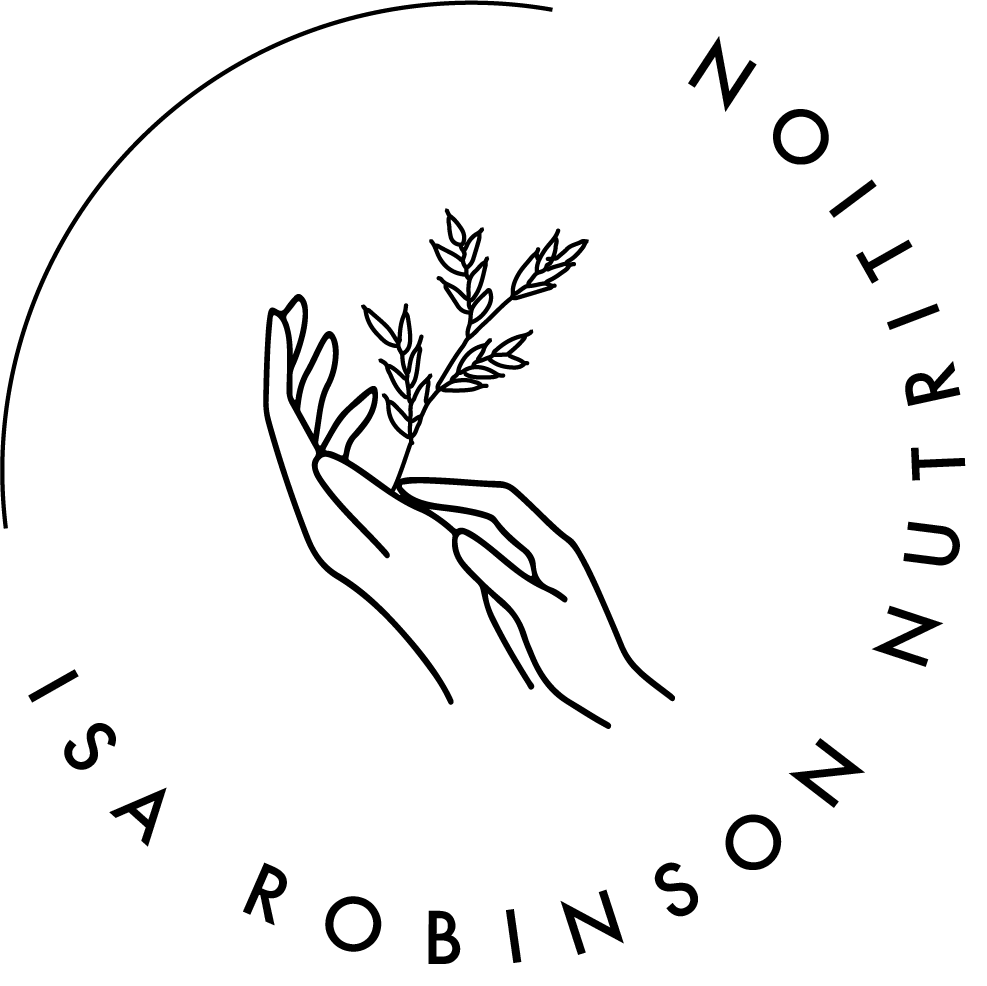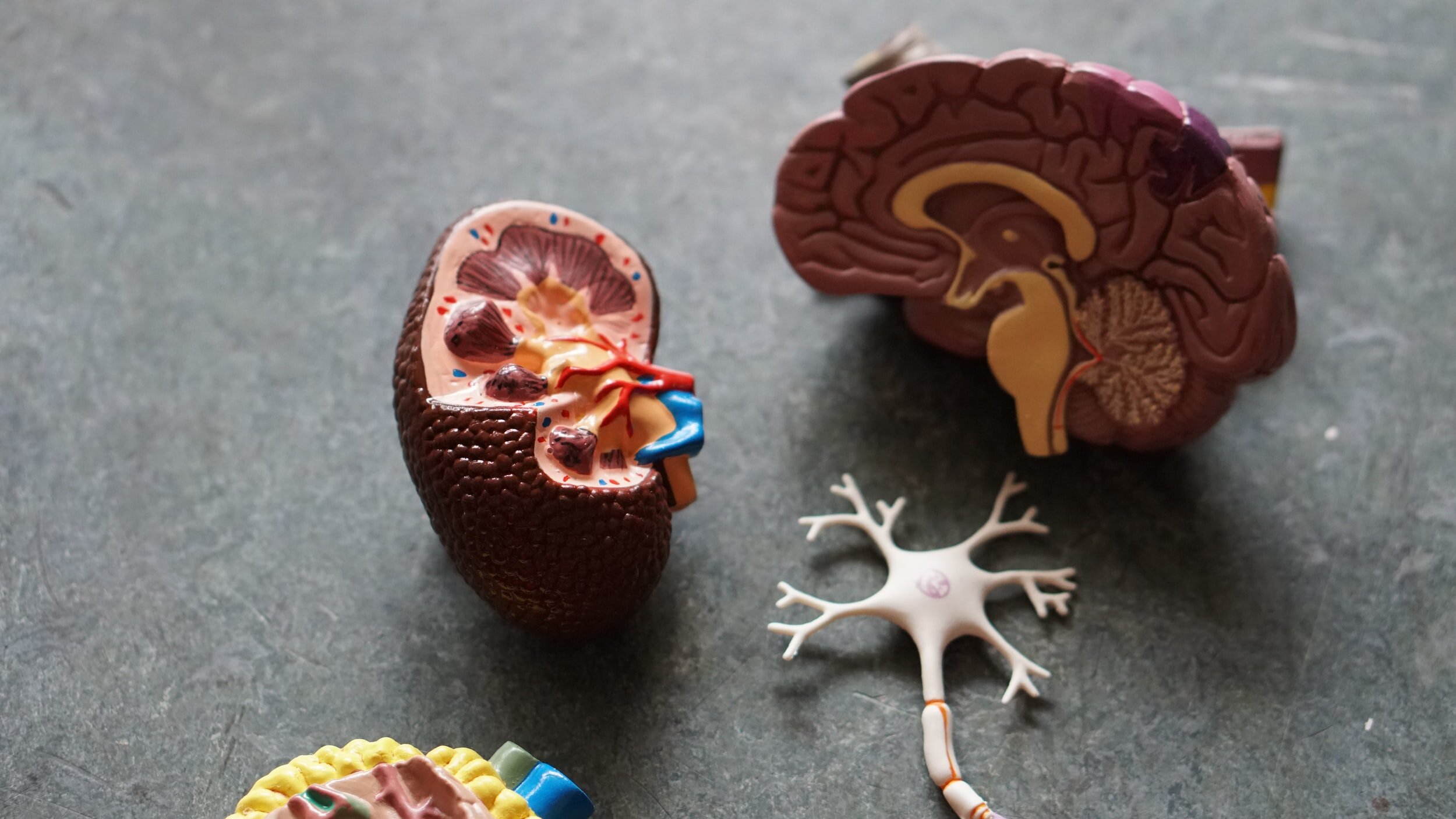The Nocebo Effect
You’ve probably all heard of the placebo effect, when a positive outcome in a symptom or symptoms is observed, despite a nonactive treatment being used, most commonly a sugar pill. Research supporting the placebo effect is powerful. For example, placebo has been shown to improve mood, sleep, and has even shown changes to brain functioning in MRI scans.
The placebo effect is triggered by an individual’s belief in the treatment and their expectation of feeling better, showing the role of the brain in inducing genuine physical, psychological and physiological outcomes.
The opposite of the placebo effect is the less well known nocebo effect - the negative effect of anticipating something bad. This effect was noted from clinical drug trials, which found that the mention of potential side-effects caused them to manifest in study participants even though they weren’t receiving the active substance.
Research has found the nocebo effect may cause symptoms including nausea, itching, sleep disturbances, loss of appetite, sexual dysfunction, severe hypotension, and gastrointestinal discomfort such as stomach aches and bloating. It is important to mention that these symptoms aren’t all in someone’s head, but are the genuine result of the brain’s ability to induce an anticipated outcome. If you are struggling we these sorts of symptoms, we hold so much compassion for you.
In the book, The Gluten Lie, Alan Levinovitz describes the nocebo effect as:
“The placebo effect in reverse. It was first documented when patients receiving sham pills ended up suffering negative side effects - because they expected the pills would make them feel bad. Now scientists recognise the nocebo effect must be taken into account when people report physiological food allergies. This applies even to people with documented allergies.”
So what has the nocebo effect got to do with food?
The way we think and feel about the food matters. If we believe that something we are eating is “healthy" or “good”, it’s more likely we’re going to feel well and happier eating it when compared to something we deem “bad”. The thoughts and beliefs we have about food are powerful. If we are told a certain food is “good” for us, it can alter our physiological response to that particular food.
Diet culture thrives on spreading negative food messages. “Gluten is like sandpaper to the gut” or “sugar is as addictive as cocaine” to name a few. These messages sink into our subconscious and can change our perception of these foods. In turn, we can end up feeling much more anxious and stressed when we consume them.
Just think about it for a second, if every single thing you read online about gluten tells you it’s going to make you bloated and give you leaky gut, how are you going to feel when you eat a delicious slice of toast?
Just FYI, gluten is a protein found in wheat which for the large majority of us is completely harmless. If you have coeliac’s disease, you do need to avoid it and if you are concerned, the first point of call is always your GP.
Crucially however, when nocebo is at play, we may also have altered physiological responses to how we digest, absorb and metabolise certain foods.
My favourite experiment to illustrate this about one of my favourite drinks coca cola. In this study, participants were all given the exact same regular coca cola however half of them received it packaged in the usual red can and half packaged as a diet coke. The researchers found that participants blood sugar levels changed according to the expectation of what they were consuming, rather than the actual amount of sugar. Moreover, those who were more concerned with nutritional facts e.g. conscious about their sugar consumption, the more likely it was their blood sugars would rise when consuming the coca cola in the red can. You can read more about this study in our blog post, Is it sugar, or how we feel about sugar?
Ultimately we experience the nocebo effect as a survival tactic. Our body is constantly working to keep us alive and safe, however, sometimes it’s hard for the brain to distinguish what is a real danger to us and what is not. When we are fed endless scaremongering messages about food day in day out, our subconscious sees these foods as threats and triggers the fight-or-flight response which we know influences so many systems in the body including our digestion, cardiovascular and endocrine system.
So what can I do?
It is important for us to acknowledge that whilst the nocebo effect is important to understand, many individuals do experience genuine food allergies and intolerances. If you are concerned, please do visit your GP or work with a qualified registered dietitian or nutritionist.
There are many food intolerance tests (IgG tests) on the market, but the large majority of these are not accurate and will simply only show you a long list of foods you ate recently. Please avoid these.
Be mindful of the information that you read online, including on social media. There is A LOT of scaremongering out there and the truth is that anxiety around food doesn’t make us “healthier”. If you are finding yourself developing new rules or cutting things out, please unfollow and protect yourself.
Instead, you might like to follow nutritionists and dietitians that present less emotive and more balanced research that considers both sides of the coin.
We always like to remind our clients that unless we’re deathly allergic or have coeliac’s disease, no one food can cure us or kill us. All foods fit and can play a part in a “healthy” and balanced diet.
We also like to invite our clients to reflect on their experiences of these foods when they were kids and if they had the same untoward consequences. Most of my clients tell me that they were absolutely fine with many foods growing up but it was a book, a “healthy” eating lesson at school or a conversation they heard that triggered something different. We end up doing some amazing detective work and joining many of the dots.
Like we mentioned before, genuine food allergies do exist so as a first port of call, we do recommend the GP. We hope however that this article has given you a bit more insight into the power of placebo and nocebo and there are some practical tips to takeaway.




